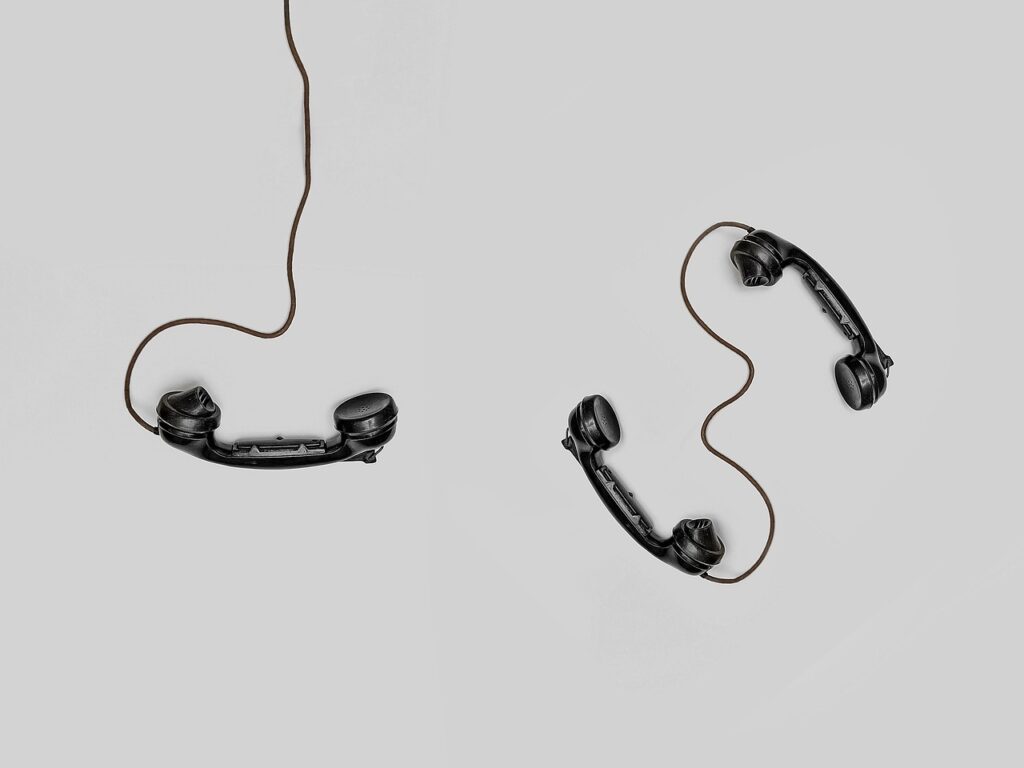
The Divide Between Us All
In today’s interconnected world, the divide between us all seems insurmountable at times.
Different perspectives, experiences, and values create a chasm that widens with every disagreement and misunderstanding.
But what if there was a way to bridge this gap, to foster empathy and understanding despite our differences?
The key might lie in exploring the root causes of division and seeking common ground that unites rather than divides.
Stay tuned to uncover how we can navigate this complex landscape and strive for a more harmonious society.
Factors Contributing to the Divide
Frequently, societal, economic, and political factors exacerbate the existing divide among individuals.
Society’s norms and values can create rifts between people, leading to misunderstandings and conflicts.
Economic disparities further deepen these divisions, as financial inequalities often dictate opportunities and access to resources.
Political ideologies can also play a significant role in widening the gap between individuals, as differing beliefs and policies can polarize communities.
Social structures and systems contribute to the divide by perpetuating inequalities and reinforcing societal hierarchies.
Discrimination based on race, gender, or socio-economic status can breed resentment and foster animosity among people.
Additionally, power dynamics within institutions can marginalize certain groups, amplifying feelings of alienation and injustice.
Impact of Social Media on Division
Experiencing a surge in usage over the past decade, social media platforms have undeniably altered the landscape of human interaction.
They’ve revolutionized the way we communicate, share information, and connect with others.
However, this transformation hasn’t been without consequences.
Social media has played a significant role in deepening divisions among individuals and communities.
One of the primary ways social media contributes to division is through the creation of echo chambers.
These platforms often algorithmically curate content based on users’ preferences, creating a bubble where individuals are exposed only to information that reaffirms their existing beliefs.
This reinforcement of biases can lead to polarization and hinder constructive dialogue between opposing viewpoints.
Moreover, social media has become a breeding ground for misinformation and disinformation.
False narratives spread rapidly through these networks, further polarizing society and eroding trust in institutions.
The ease with which misinformation can be shared and amplified on social media exacerbates existing divisions and fuels societal discord.
Economic Disparities and Inequality
With widening income gaps and unequal access to resources, economic disparities and inequality have become pervasive issues in society today.
These disparities are evident in various aspects of life, affecting individuals and communities on multiple levels.
Employment opportunities, wages, access to quality education, healthcare, and housing are just a few areas where economic inequality manifests itself.
The income gap continues to grow, with the wealthy gaining more wealth while the middle and lower classes struggle to make ends meet.
This divide not only impacts individuals’ financial stability but also their overall well-being.
Lack of access to resources and opportunities perpetuates cycles of poverty and limits social mobility for many.
Addressing economic disparities requires a multi-faceted approach that involves policy changes, social programs, and a shift in societal attitudes towards wealth distribution.
Bridging the Gap Through Education
To foster greater equality and opportunity, education serves as a powerful tool for bridging the gap between socio-economic disparities.
Education is the key that can unlock doors to a brighter future, regardless of one’s background.
By providing quality education to all individuals, regardless of their socio-economic status, we can level the playing field and create a more equitable society.
Through education, individuals gain the knowledge and skills needed to pursue their aspirations and contribute meaningfully to society.
Access to quality education empowers individuals to break free from the cycle of poverty, opening up opportunities for better jobs, higher incomes, and improved quality of life.
Moreover, education instills critical thinking, problem-solving, and communication skills that are essential for success in today’s rapidly evolving world.
Fostering Empathy and Understanding
Occasionally, fostering empathy and understanding among individuals can lead to a more compassionate and interconnected society.
By actively listening to others and seeking to understand their perspectives, you can cultivate empathy.
When you put yourself in someone else’s shoes, you acknowledge their feelings and experiences, creating a foundation for mutual understanding.
Empathy allows you to connect on a deeper level, recognizing the humanity in each individual despite differences.
Understanding is a key element in bridging divides and fostering unity.
When you take the time to educate yourself about different cultures, beliefs, and experiences, you broaden your perspective and develop a sense of appreciation for diversity.
This understanding promotes respect and acceptance, paving the way for a more harmonious coexistence.
Empathy and understanding are powerful tools in breaking down barriers and building bridges between people.
It starts with you, making a conscious effort to empathize and seek understanding in your interactions with others.
As empathy and understanding grow, so does the potential for a more united and compassionate society.
You can make a difference in bridging the divide by listening actively, showing empathy, and educating yourself and others.
By understanding the factors that contribute to division and working towards solutions, we can create a more inclusive and equitable society for all.
It starts with each individual taking small steps towards building connections and fostering understanding.